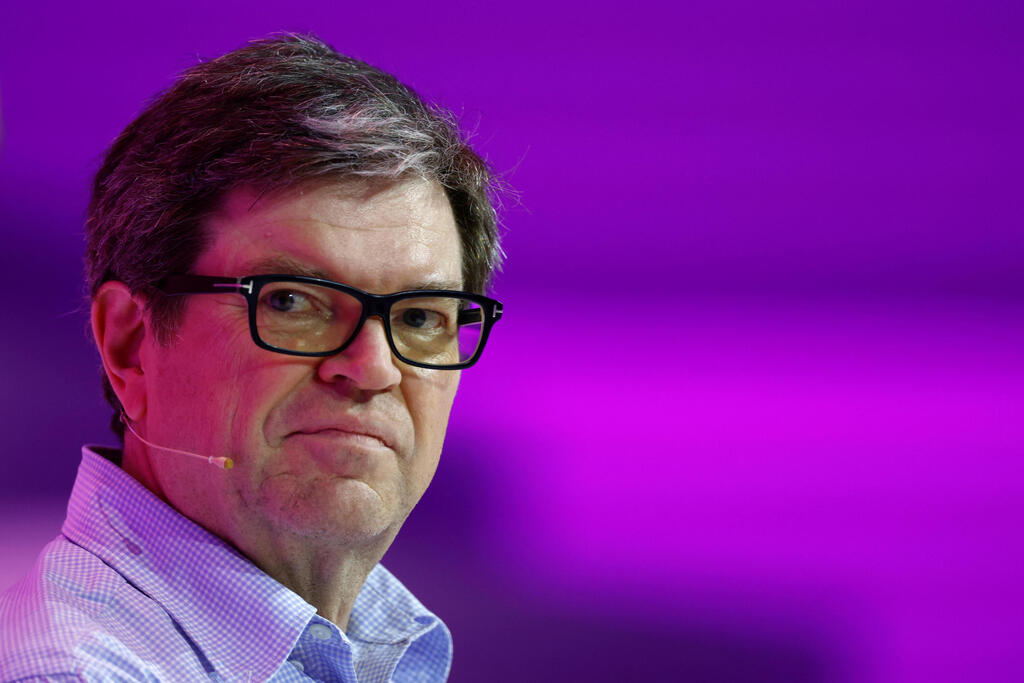AI godfather warns language models are a ‘dead end,’ says world models are the future
November 18, 2025
Meta’s artificial intelligence division is facing major upheaval as Yann LeCun, one of the world’s most influential AI researchers, prepares to leave the company after more than a decade to launch a startup focused on “world models,” a competing approach to the large language models now driving the industry.
LeCun, 65, widely known as one of the “three godfathers of AI” alongside Geoffrey Hinton and Yoshua Bengio, has begun early fundraising talks for the new venture, according to the Financial Times and U.S. media reports. The startup is expected to challenge the dominant strategy adopted by major tech firms.
His departure comes as Meta CEO Mark Zuckerberg pushes the company toward rapid, product-driven development of large language models such as its Llama family. That approach gained momentum after the rise of ChatGPT but stands in sharp contrast to LeCun’s long-held views.
LeCun has argued in recent public appearances, including AI conferences in Paris and Seoul, that text-trained language models lack the ability to understand the physical world, plan complex actions or make causal judgments at a human level. He has compared their limits to everyday animal intelligence, saying that a house cat can plan intricate tasks and build a causal picture of its environment in ways current systems cannot.
According to LeCun, a four-year-old child absorbs far more sensory information through sight and touch than any existing model has encountered through text, even those trained on data equivalent to hundreds of thousands of years of human reading. Simple tasks for humans, such as imagining a rotating cube, remain beyond the capabilities of text-only systems.
The startup will center on “world models,” an approach designed to give AI systems an internal representation of physical structure, dynamics and cause-and-effect relationships. Supporters say such models could allow AI to predict the outcomes of actions before they occur, similar to how humans and animals plan behavior. The field relies on embodied data such as video, spatial information and touch, and requires new cognitive architectures that are slower to commercialize.
LeCun is not alone in championing the method. Stanford professor Fei-Fei Li, who leads the startup World Labs, has called for building “spatial intelligence” rather than relying solely on language data. Google DeepMind and Nvidia have also invested in long-term research into world models.
His exit follows a restructuring inside Meta. Zuckerberg recently formed the Mega Superintelligence Labs division and appointed Alexander Wang, the 28-year-old founder of Scale AI, to lead it. The shift included layoffs in FAIR, the long-term research group LeCun founded, placing him under new leadership focused on fast deployment of language models. The move contributed to what sources described as a widening ideological rift.
LeCun has said that creating world models capable of true physical reasoning could take a decade or more. His decision to leave Meta reflects a growing split in the AI industry between rapid commercialization of LLM-based products in the United States, Europe and China and longer-term efforts aimed at developing broad, human-level intelligence.
Search
RECENT PRESS RELEASES
Related Post



